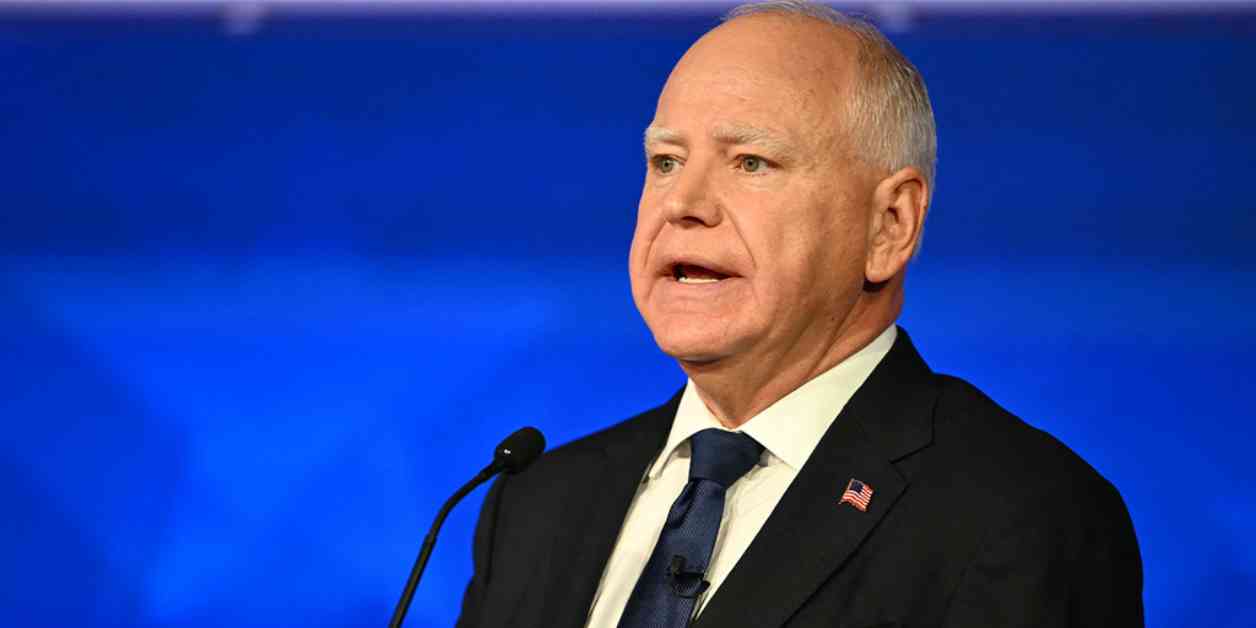In Albert Lea, Minnesota, residents have historically supported Democrat Gov. Tim Walz, but recent reports suggest a shift in their political preferences. Despite Walz’s previous success in the area, many locals are now leaning towards supporting President Trump in the upcoming election. While Minnesota may not be a key battleground state, polls indicate strong support for Trump in rural areas and small towns.
The Harris-Walz campaign is aware of this shift and is targeting rural areas ahead of the November election. John Anzalone, a veteran pollster and Harris adviser, believes that gaining even a few percentage points in rural areas can make a significant impact on the overall election outcome. Walz is seen as a nominee who can connect with small-town and rural America, similar to Jimmy Carter.
Rich Murray, the current mayor of Albert Lea, predicts that Harris and Walz will win the state but acknowledges that the governor may struggle to secure votes in rural areas. Freeborn County, which previously supported Democrats like Obama and Walz, has shown a shift towards Trump in recent years. Walz’s more progressive policies, such as universal background checks and protections for abortion and gender transitions, have not resonated well with some voters in places like Freeborn County.
The changing political landscape may also be attributed to the increasing polarization of voters. Politics professor Eric Ostermeier suggests that voters are less willing to split their ticket and are more likely to prioritize party affiliation over individual candidates. This shift in voter behavior may be a result of the growing divide between political parties and the demonization of the opposing side.
As the election approaches, it will be interesting to see how the political dynamics in rural Minnesota evolve and whether Walz can regain the support of voters who have traditionally backed him. The changing attitudes towards political candidates and parties reflect a broader trend of polarization and partisanship in American politics.




